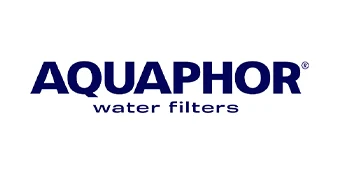The Function of Resin Trap – Ensuring Normal Operation of Subsequent Equipment
Performance
Resin traps, also known as resin filters, are necessary in mixed-bed ion exchange columns. When the resin quality is poor, water pressure is disturbed (especially under high-pressure fluctuations), or the resin is damaged, it can lead to resin entering the entire deionized water system, affecting the normal operation of other equipment in the system. Therefore, it is essential to install resin traps. As a supplementary device to ion exchangers, the function of resin traps is to prevent resin leakage into the deionization system in the event of a failure in the water outlet device, ensuring the normal operation and use of subsequent equipment. Resin traps are compact and have high recovery efficiency.
Multiple Uses of Resin Traps
In the field of water treatment, resin traps are widely used in wastewater treatment and drinking water purification. During the wastewater treatment process, resin traps can remove organic matter, heavy metals, and other pollutants, improving water quality. In drinking water treatment, resin traps can remove harmful substances, making the water source safer and cleaner.
In the field of air purification, resin traps are mainly used to remove volatile organic compounds (VOCs) and harmful gases. They can effectively purify the air, improve indoor air quality, and protect people's health.
The application of resin traps in chemical processes is very extensive. They can be used for the recovery and reuse of catalysts, improving the economic and environmental sustainability of reactions. At the same time, resin traps can also be used in separation and purification processes, helping to extract and purify target substances.
In the pharmaceutical field, resin traps play an important role in drug purification and protein purification. They can help separate and purify impurities in drugs, improving the purity and quality of the medications. For protein purification, resin traps can selectively adsorb target proteins, achieving efficient separation and purification.
In summary, resin traps have a wide range of applications, from water treatment to air purification, and from chemical processes to the pharmaceutical field. It plays an important role in the purification and separation processes, helping us create a cleaner and healthier environment.




















